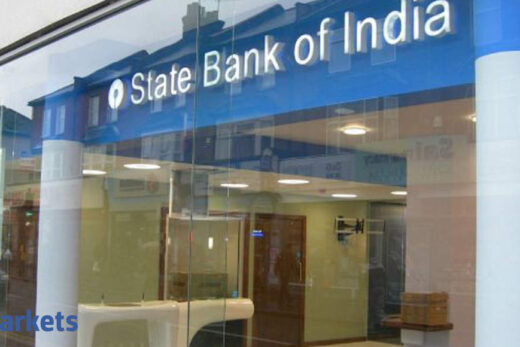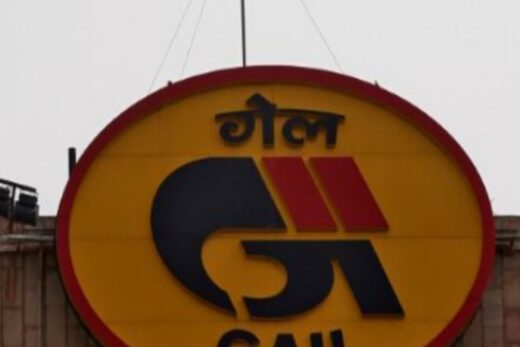Coal India shares saw buying on Monday, snapping three days of losing run. The counter was up 4.54 per cent at Rs 197.
The stock is in demand amid a shortage of coal across power plants in India, and following a Jeffries’ report that said “longer-term concerns around capability to deliver sustainable volume growth, weakening cash flow profile and ESG remain.”
In a report published on Sunday, Nitij Mangal, Equity Analyst at Jefferies, assigned a ‘hold’ rating on the company’s shares, with a 12-month target price at Rs 180. The stock has already surpassed the target. In fact it is closer to Jefferies upside scenario target of Rs 205.
To be fair, Mangal believes there are some positive momentum drivers for the stock and its 6.4x expected FY23 earnings valuation is “undemanding”, but there are not many long-term growth tailwinds.
“A sharp rally in global coal prices and rising likelihood of a linkage price increase have significantly improved Coal India’s near-term earnings outlook. On the flip side, the upcoming wage revision would push up costs, cash flows have weakened due to increased capex, and ESG concerns for coal remain,” he said.
A series of supply issues along with strong demand have fueled a sharp rally in global thermal coal prices. South African 6,000 kcal coal, for instance, is up from $90 in April to $209 at spot.
However, Jefferies in a separate report said current prices are unsustainable and risk for coal mining shares leans to the downside. But, nonetheless, they will result in a short-term earnings upgrade.
“We raise FY22-23E revenues by 8-10 per cent and EPS by 37-49 per cent,” said Mangal. But he also sees upcoming wage revision as a big load on its bottom line. Worker wages are raised every five years and a revision is due from June 2021 with negotiations underway. “In the last two revisions, staff cost rose 44 per cent over FY11-13 and FY16-18; we factor in a 35 per cent increase over FY21-23,” he added.
The broker highlighted that Coal India has struggled to deliver consistent strong production growth and lacks a well-defined price hike policy. Rising power sector receivables, large contingent liabilities and long-term risk of renewables are likely to weigh on multiples too.
In the last one year, the stock has rallied over 60 per cent, much of which has come recently. Analysts believe that there may not be much upside left in the counter.
According to Refinitiv database, analysts have a median price target of Rs 185 in the next 12 months. The highest estimate is that of Rs 252 and the lowest one is at Rs 98.



